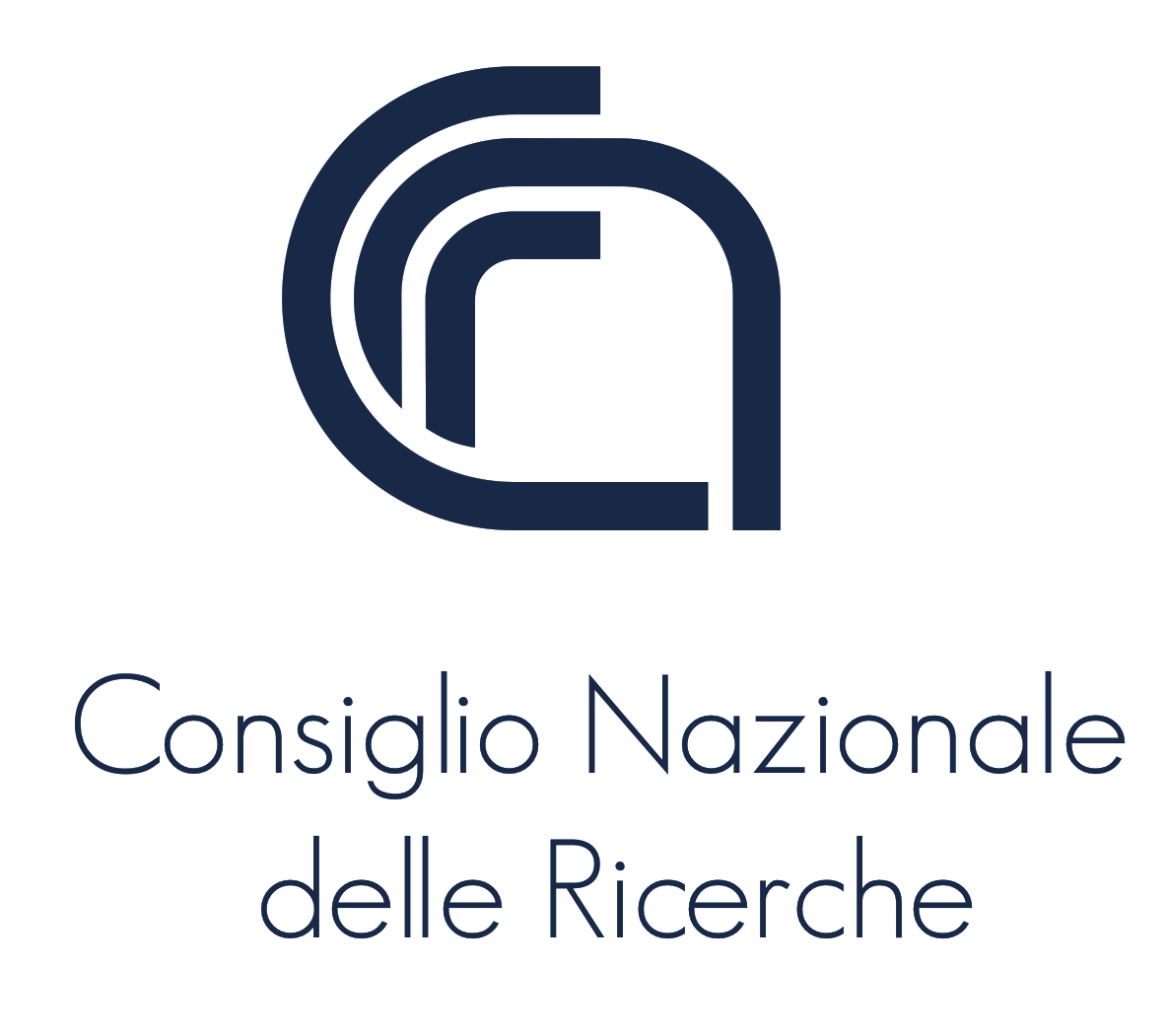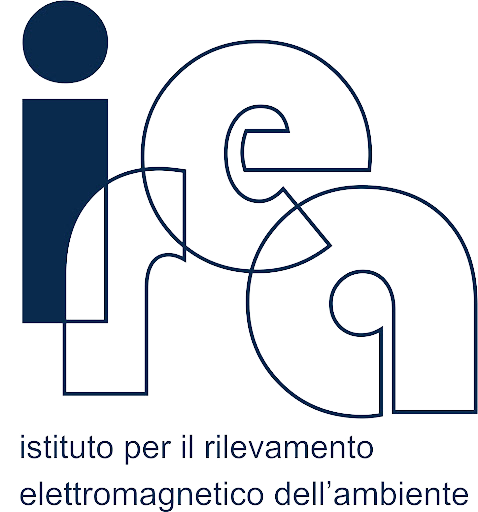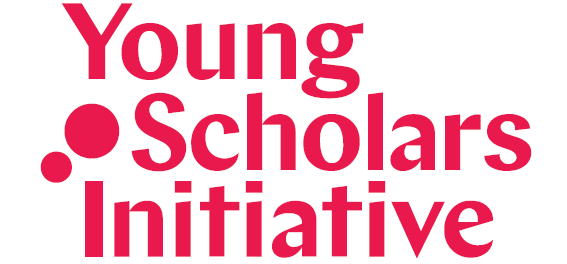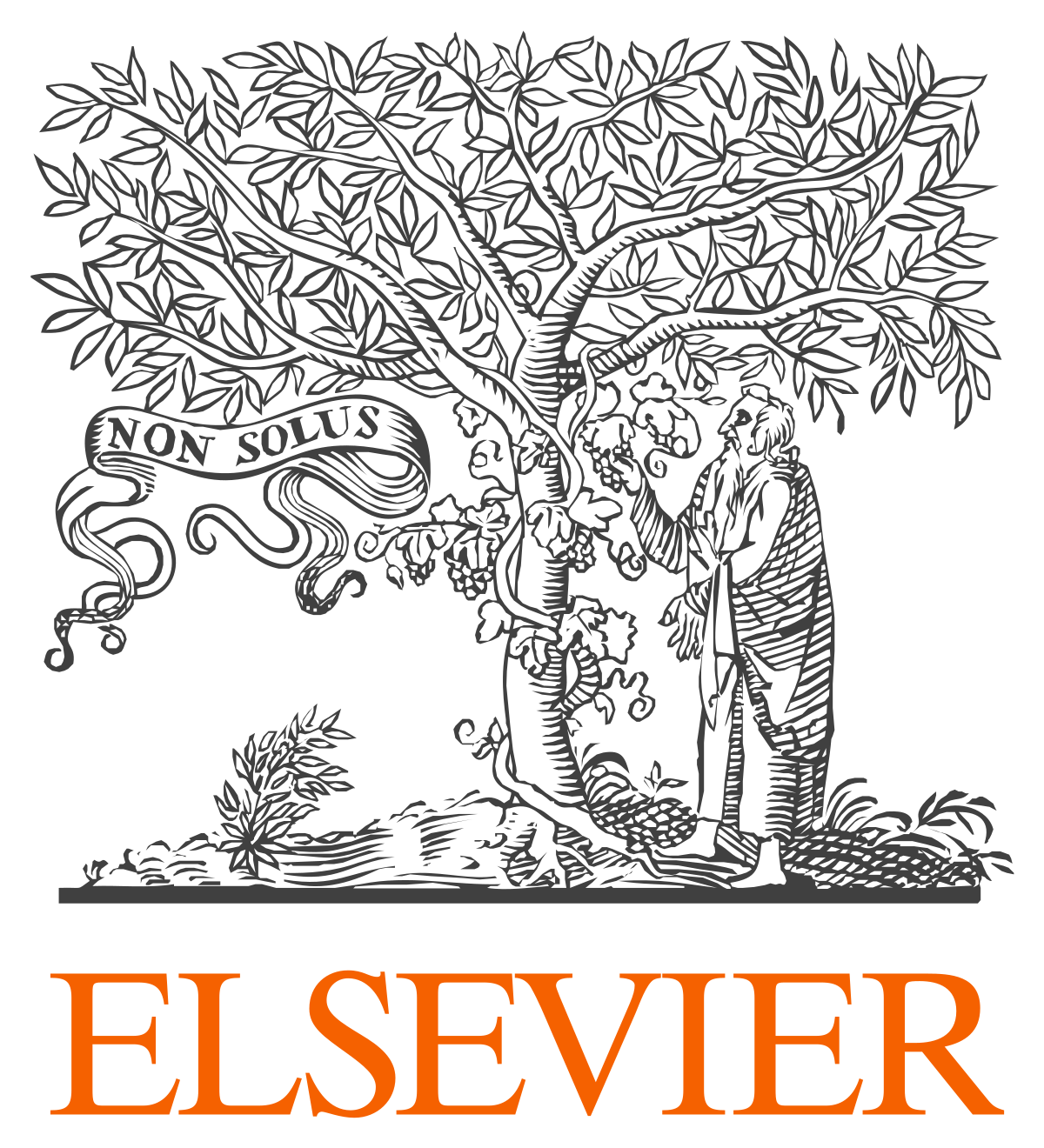Organizers

CEST – Centro per l’Eccellenza e gli Studi Transdisciplinari is an association of students and young scholars working on a variety of research fields from different universities in Europe. Our mission is two-fold: on the one hand, we propose to bring young scholars closer to academic research, promoting opportunities of involvement and exploration at graduate and undergraduate level; in addition, we aim to foster dialogue between academic thinking and public debate, stimulating the critical analysis of cultural products of major interest. We do this through a model based on the close interdependence among various fields of research, without excluding any discipline. Mixing the stature of well-known cultural figures with the passion of young researchers, combining ability and innovation, is the way we create and organise opportunities for study and debate, sharing with the public and readers the experience of a world to be interpreted by the categories of scientific research.
In collaboration with

The National Research Council (CNR) is the largest Italian public institution performing multidisciplinary research activities. It comprises more than 8.000 employees; more than half being researchers working in more than 100 laboratories based all over the national territory. Some 4.000 young researchers are engaged in graduate, postgraduate studies and research training. A significant contribution to the research carried out at the CNR also comes from collaboration with national and international Universities, public and private bodies, local administrators.

The Institute for Remote Sensing of Environment (IREA) is a research institute carrying out studies in the field of Earth Observation, Remote Sensing and electromagnetic monitoring of environment aimed at territory surveillance and management, security and risk assessment, including exposure to electromagnetic fields. Fields of application range from the local to the continental scale. IREA also hosts a Research Unit ‘Social Studies on Science, Communication and Education’ dealing with theoretical and practical aspects of science communication and public engagement with science and technology. Research interests of the Unit include science-society interactions with a focus on the role played by the scientific community in science communication, citizen science and participatory research, Responsible Research and Innovation (RRI) and Post-Normal Science (PNS).
Supported by

Through the Young Scholars Initiative (YSI), INET provides support to students, young professionals, or others who embrace new and critical ways of thinking about the economy. YSI fosters conversation among those who wish to engage with new economic thinking and connects young scholars to the Institute’s vast network of economists. Founded in the wake of the financial crisis in 2009, the Institute for New Economic Thinking (INET) is a nonpartisan, nonprofit organization devoted to developing and sharing the ideas that can repair our broken economy and create a more equal, prosperous, and just society.

Elsevier is a global information analytics business that helps institutions and professionals progress science, advance healthcare and improve performance for the benefit of humanity. Elsevier provides digital solutions and tools in the areas of strategic research management, R&D performance, clinical decision support, and professional education; including ScienceDirect, Scopus, SciVal, ClinicalKey and Sherpath. Elsevier publishes over 2,500 digitized journals, including The Lancet and Cell, more than 35,000 e-book titles and many iconic reference works, including Gray’s Anatomy. Elsevier is part of RELX Group, a global provider of information and analytics for professionals and business customers across industries.

BRIDGES
– Building Reflexivity and response-ability Involving Different narratives of knowledGE and Science” is a research project coordinated by the Institute for the electromagnetic sensing of the environment (Irea) of the national Research Council (Cnr), funded by the Cariplo Foundation within the Program for Social Research on Science, Technology and Society. The project employs transdisciplinary and participatory research methods to understand and strengthen the relationship between science, society and ecological systems in the Italian context, with a case study on soil fertility The research group is composed by the main Italian multidisciplinary research body, the Cnr, which has expertise in the most varied research fields and is very active in Milan on the issues of the relationship between science and society, Pianpicollo Selvatico – Center for Research in the Arts and Sciences, an original network of researchers in the arts and sciences, engaged in an agro-ecology project and the Center for Excellence and Transdisciplinary Studies (CEST). The team also collaborates with the University of Edinburgh.